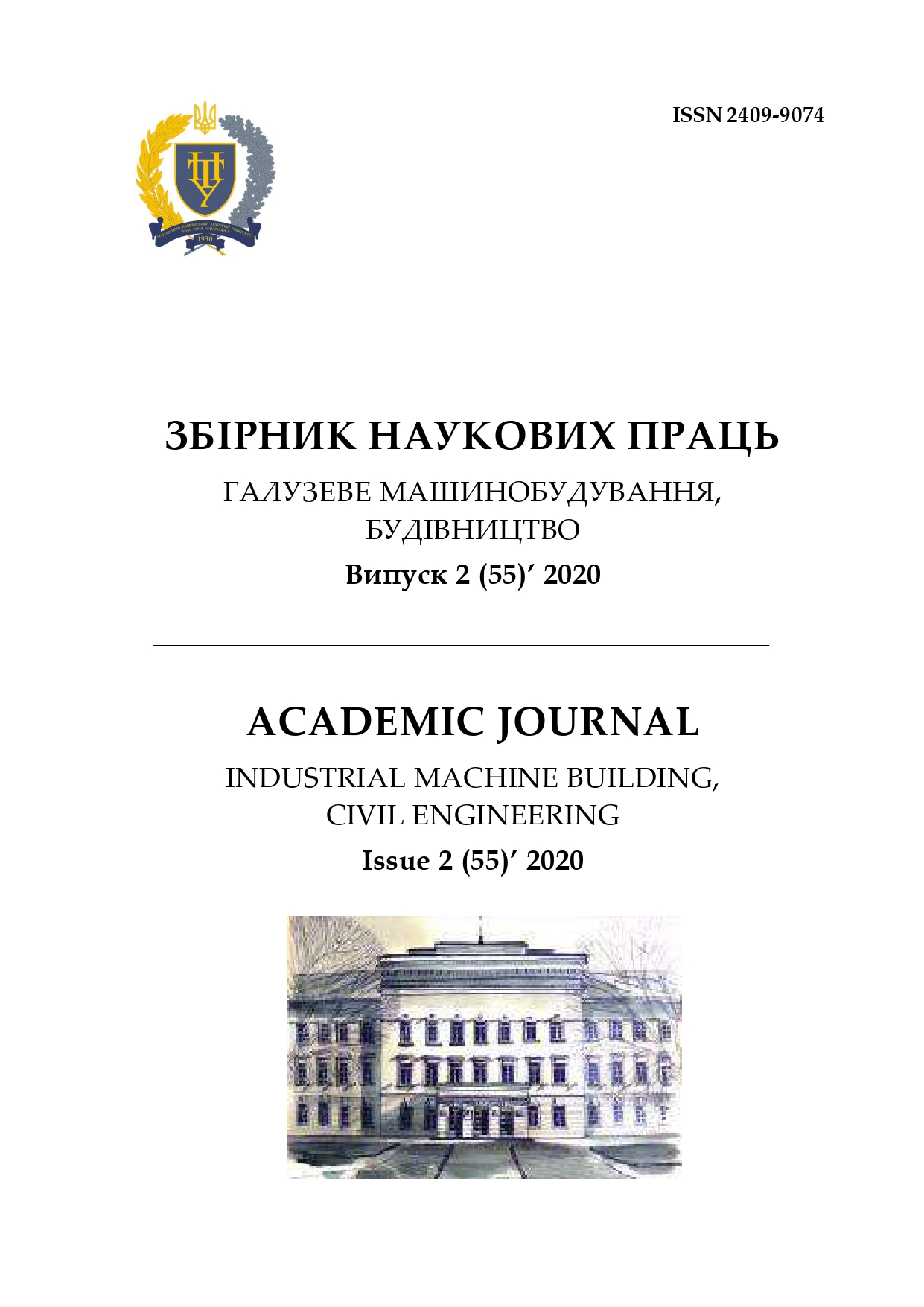Reflection of statistical nature of steel strength in steel structures standards
DOI:
https://doi.org/10.26906/znp.2020.55.2344Keywords:
software, spatial model, portal frame, buckling, restraintAbstract
The main stages of creating a spatial model of the steel frame are considered for industrial buildings or warehouses with a pitched roof. Different approaches to the analysis of internal forces of the first and second orders and the stability calculation for steel elements of building structures under the combined action of compression and transverse bending are highlighted using software applications. Ways to improve the process of creating a calculation model, design documentation, and working drawings are outlined. A comparison of specialized software products for calculating building models with portal frames (Autodesk Robot Structural Analysis Professional, PortalPlus, Consteel, Tekla Structural Designer, and Dlubal RFEM) is presented. Their advantages and disadvantages are indicated
References
Hernández S., Fontán A.N., Perezzán J.C. & Loscos P. (2005). Design optimization of steel portal frames. Advances in Engineering Software, 36(9), 626-633. DOI: https://doi.org/10.1016/j.advengsoft.2005.03.006
http://dx.doi.org/10.1016/j.advengsoft.2005.03.006 DOI: https://doi.org/10.1088/1126-6708/2005/10/006
Shah S.N.R., Aslam M. & Sulong N.H.R. (2016). Geometrically optimum design of steel portal frames. University of Engineering and Technology Taxila. Technical Journal, 21(4), 24-30.
Hradil P., Mielonen M. & Fülöp L. (2010). Advanced design and optimization of steel portal frames. Journal of Structural Mechanics, 43(1), 44-60.
Saka M.P. (2003). Optimum design of pitched roof steel frames with haunched rafters by genetic algorithm. Computers & Structures, vol. 81, no. 18-19, 1967-1978. DOI: https://doi.org/10.1016/S0045-7949(03)00216-5
http://dx.doi.org/10.1016/S0045-7949(03)00216-5
Nagy Zs., Pop A., Moiș I., & Ballok R. (2016). Stressed skin effect on the elastic buckling of pitched roof portal frames. In Structures, vol. 8, 227-244. DOI: https://doi.org/10.1016/j.istruc.2016.05.001
http://dx.doi.org/10.1016/j.istruc.2016.05.001
Wrzesien A.M., Lim J.B.P., Xu Y., MacLeod I.A. & Lawson R.M. (2015). Effect of Stressed Skin Action on the Behaviour of Cold-Formed Steel Portal Frames. Engineering Structures, 105, 123-136. DOI: https://doi.org/10.1016/j.engstruct.2015.09.026
http://dx.doi.org/10.1016/j.engstruct.2015.09.026 DOI: https://doi.org/10.1088/1475-7516/2015/9/026
Kindmann R. & Krahwinkel M. (2001). Bemessung stabilisierender Verbände und Schubfelder. Stahlbau 70, 885-899.
https://doi.org/10.1002/stab.200102860 DOI: https://doi.org/10.1002/stab.200102860
Kuhlmann U. (2009). Stahlbau-Kalender 2009: Schwerpunkt – Stabilität. Berlin: Ernst & Sohn.
https://doi.org/10.1002/9783433600320 DOI: https://doi.org/10.1002/9783433600320
Koschmidder D.M. & Brown D.G. (2012). Elastic design of single-span steel portal frame buildings to Eurocode 3. Steel Construction Institute.
Portal frames. Retrieved from www.steelconstruction.info
Marsh K. (2016). Autodesk Robot Structural Analysis Professional 2016: Essentials. Marsh API.




